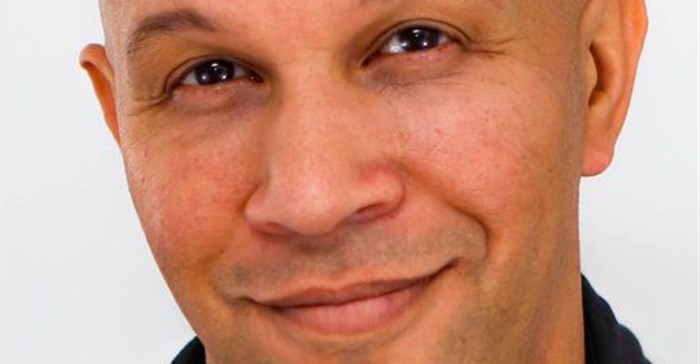A child is eight times more likely to die in a road accident in South Africa than the UK, and is 10 times more at risk of death than a child in Switzerland.

Source: Supplied. Anthony Figaji, head of the paediatric neurosurgery unit at the Red Cross War Memorial Children’s Hospital and the African Brain Child Initiative at the University of Cape Town.
“Yet, this is the single-most preventable cause of death and disability in South Africa,” says Anthony Figaji, who heads the paediatric neurosurgery unit at the Red Cross War Memorial Children’s Hospital and the African Brain Child Initiative at the University of Cape Town, the leading research unit focused on traumatic brain injury in children in sub-Saharan Africa.
“The evidence around the efficacy of seat belts is abundant. Trauma kills more children than cancer, and yet, unlike cancer, it is preventable,” adds Figaji, who is driving a public awareness campaign with authorities and the community, to get children to ‘Be Quick to Click’ and buckle up seat belts.
Prevention is key
The use of a seat belt reduces the risk of fatal injury by 40 to 50% for drivers and front-seat occupants, and by up to 25% for rear-seat occupants, according to the World Health Organisation Road Traffic Injury fact sheet 2022.
The epidemic extent of traumatic brain injury (TBI) and its impact on children became starkly apparent during the Covid19 national lockdown, when data showed a substantial decrease in children presenting with TBI to the Red Cross War Memorial Children’s Hospital during a time when people were forcibly kept off the roads.
“We have seen the human cost of motor vehicle accidents and TBI in children we have not been able to save, and in those we have been able to save but whose lives have been permanently impacted by injury that is readily preventable with the click of a buckle,” comments Figaji.
Children are the most vulnerable cohort
Data from the Red Cross War Memorial Children’s Hospital shows that 80% of children presenting with severe head injuries – in a coma or on life support – were injured in a motor vehicle accident. Of children admitted following a severe motor accident as a passenger, 96% had not been restrained by a seat belt or car seat.
These are sobering figures in a country with a road-traffic fatality rate higher and almost double that of the global average.
This is particularly notable for children from lower-income households, for whom disability following TBI only serves to increase their disadvantages in life.
Deon Visagie, Joani van Vuuren, Jamie Jacobs and Nkosinathi Thema 27 Oct 2023 An unrestrained child, due to their small size, is likely to be catapulted from a vehicle on impact, increasing their risk of death or disability. In addition, the developing brain is more at risk and less protected than the adult brain.
Most children who survive a serious TBI are left with some form of neurological disability, behavioural disorder and/or learning deficit, which can have a wide-ranging impact on a young life, from difficulty with schooling and co-ordination, to full-blown disability, where the child is bedridden in a vegetative state, unable to interact with the environment or those around them, or to fulfil daily functions such as washing or eating.
Calling for more stringent policing of safety-belt usage
“It is argued that we live in a society where seat-belt usage can’t be policed, but during Covid19 lockdown, people were being arrested for walking on the beach, this is a case where there is abundant evidence society can indeed be mobilised,” says Figaji.
“We need to enforce fear of the consequences for not wearing a seatbelt, in the same way we approach drunk driving.”
South African regulations state that (a) all adults must use seat belts if available; (b) the driver must ensure a child aged between three to 14 uses a child restraint, if available, or seat belt if available; and (c) infants under three must be strapped into a car seat where possible.
Making a change together
“There is an African saying that it takes a village to raise a child. It also takes one to protect it. We need to rally personal responsibility around seat-belt usage,” adds Figaji.
TBI is referred to as a silent killer, because despite the staggering burden of injury on our healthcare systems in terms of premature death and disability, it remains overlooked and under-funded in the healthcare system.
Figaji and his fellow medical and research team members under the umbrella body of the African Brain Child Initiative, are calling on the public and authorities to take personal responsibility for buckling up our children as the evidence is strong and the relative value substantial for the small act of buckling up.
Be quick to click… and spread the news.














































